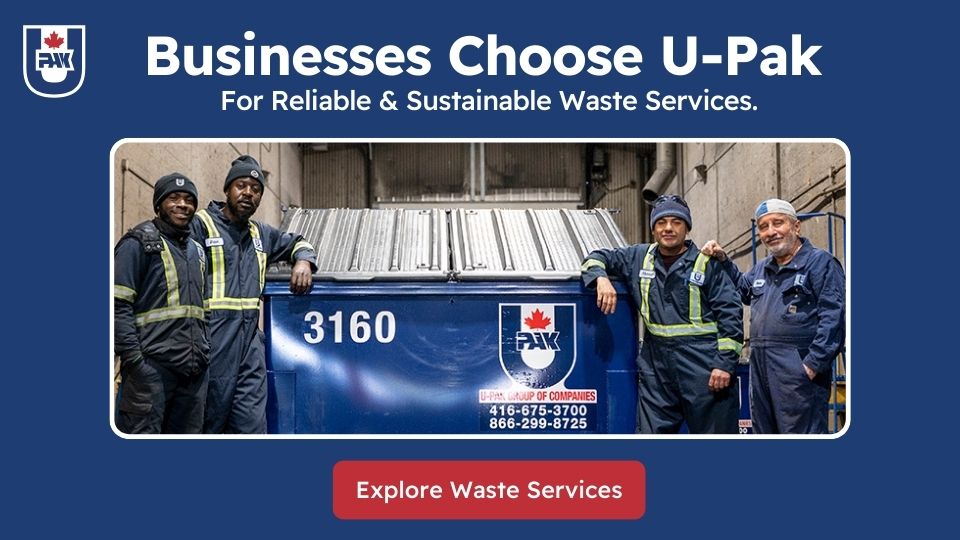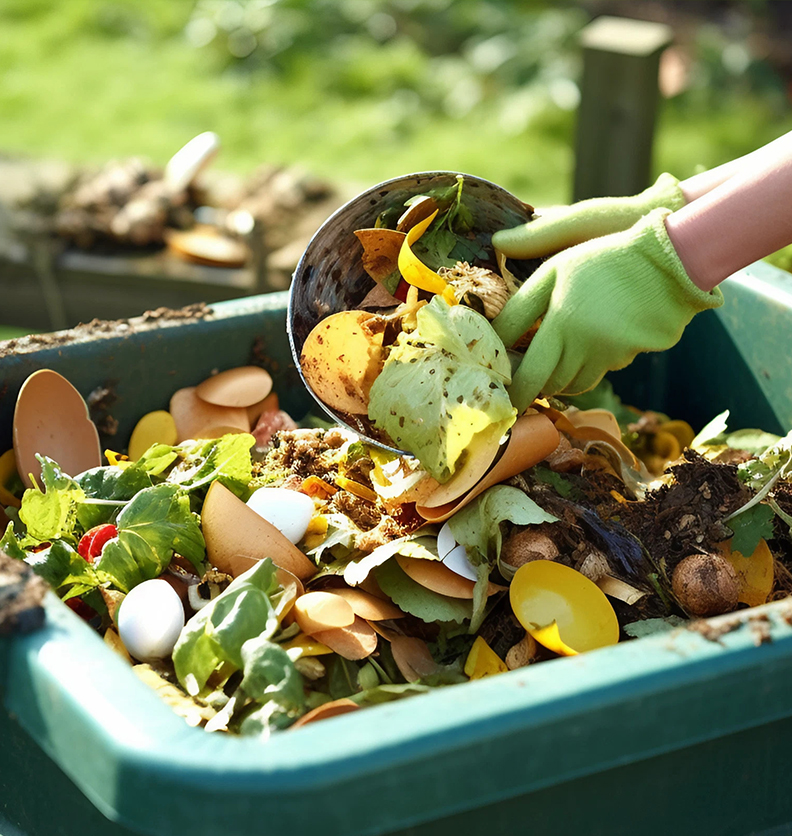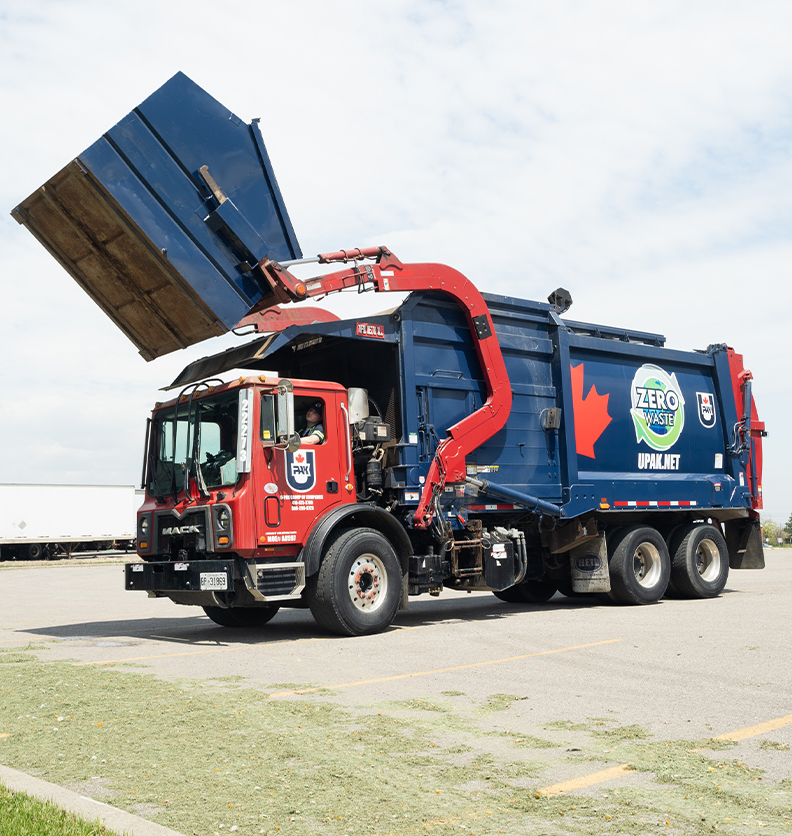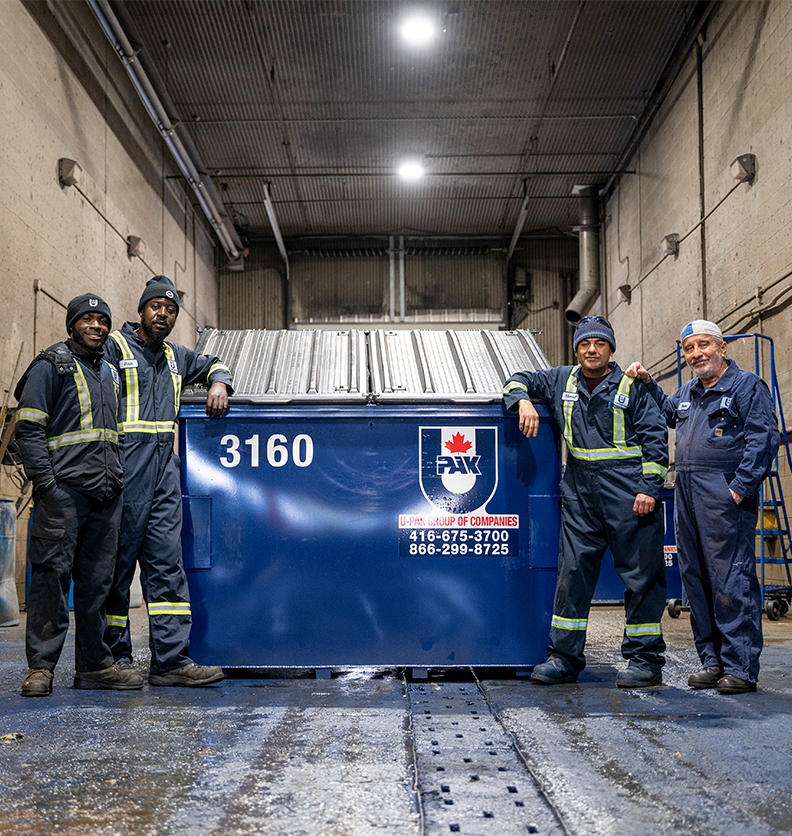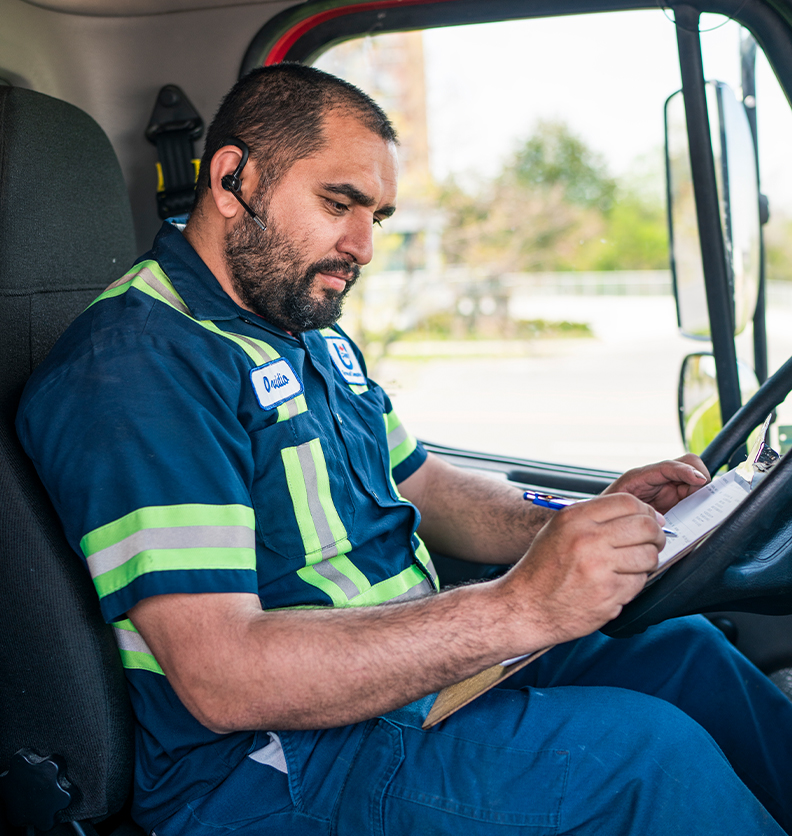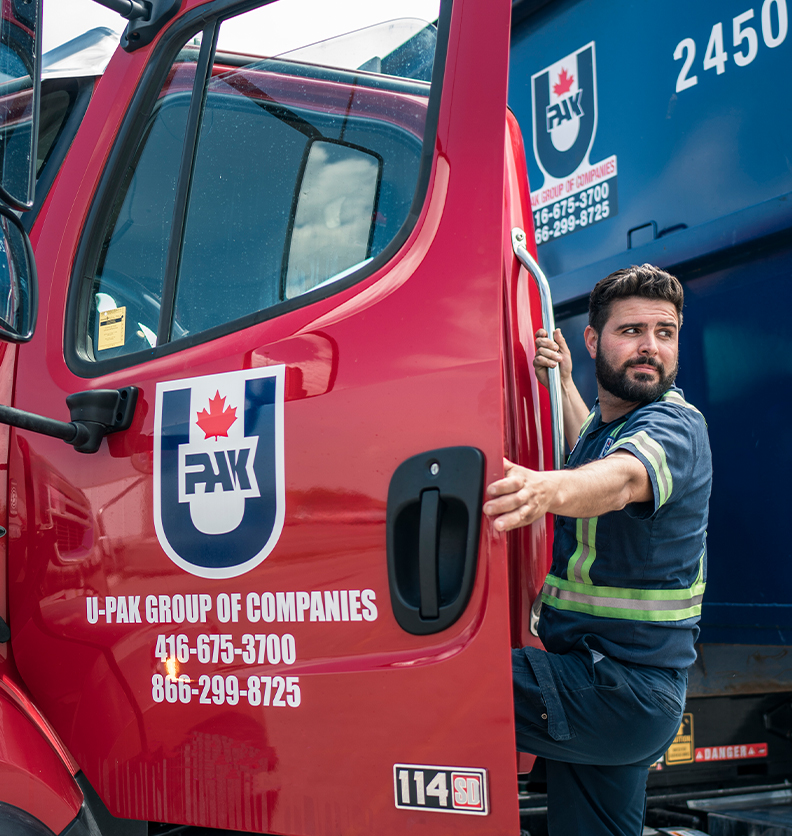Indulging in the smell of freshly baked bread, croissants, and cakes brings shared delight. However, this pleasure creates a logistical challenge. As consumers demand freshness, it leads to significant bakery waste. The effort to match production with demand has resulted in a sustainable solution—turning bakery waste, which would usually go to landfills, into renewable animal feed.
Addressing the environmental impact of this type of waste is crucial. The production of baked goods creates a large ecological footprint, including fertilizers, land use, water, and raw materials. Through careful bakery waste management and recycling, companies like U-Pak reduce this impact, save resources, and cut methane emissions from food decomposition in landfills.
The main source of this change comes from working with large bakery producers. Once ignored, this waste, rich in leftover wheat, corn, and grains, is now a valuable resource in sustainable practices.
The process starts by collecting and sorting waste. Non-edible parts are removed, followed by contaminant removal, such as plastic. Heat treatment is applied next. Then, bakery products are mixed with the right feed ingredients to create balanced livestock feed. Finally, the mixture is refined to improve shape, form, and shelf life, meeting Agriculture Canada’s standards for Bakery Waste Dehydrated Meal.
